


Because of the development of antibiotics, common diseases that once killed people are now curable.
But what happens if the antibiotics don’t work anymore?
Superbugs are microorganisms that have developed resistance to multiple antibiotics.
Antibiotic resistance has become a major concern for public health officials around the world, with India at the epicentre of the problem: over 95 percent of adult Indians carry microorganisms resistant to antibiotics.
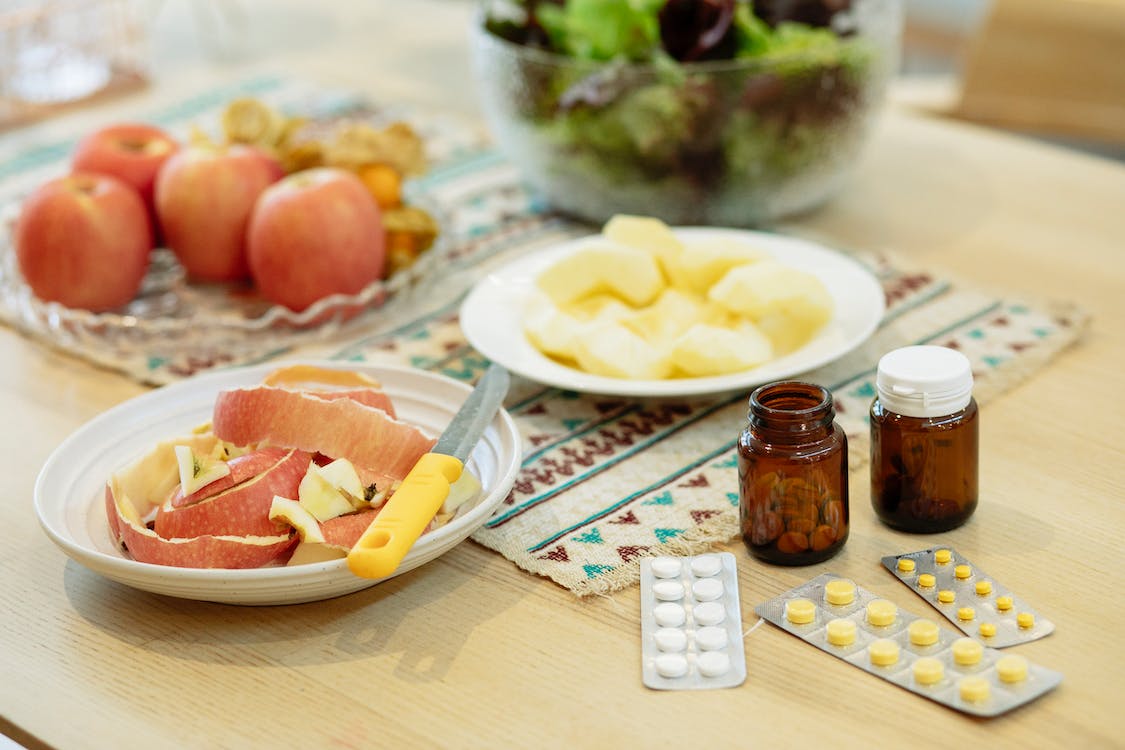
Here’s a broader insight of how and why this happens, as well as some suggestions for how we may start taking control of the situation.
An Overview of Antibiotic Resistance
When an antibiotic is recommended to treat a bacterial infection, the bacteria that are more vulnerable are destroyed, while the ones that are less susceptible survive.
This is a natural occurrence, as microbes’ DNA evolves at a much faster rate than ours, acquiring or developing a gene that renders them resistant to that specific antibiotic.
The ones who have survived then reproduce, and the illness spreads through their offspring. The antibiotic must be changed if this occurs.
However, constantly searching for and switching to newer treatments is inefficient for several reasons: it takes upto decade & half and millions of dollars investment to develop new drugs, and it isn’t a long-term solution because the cycle continues.
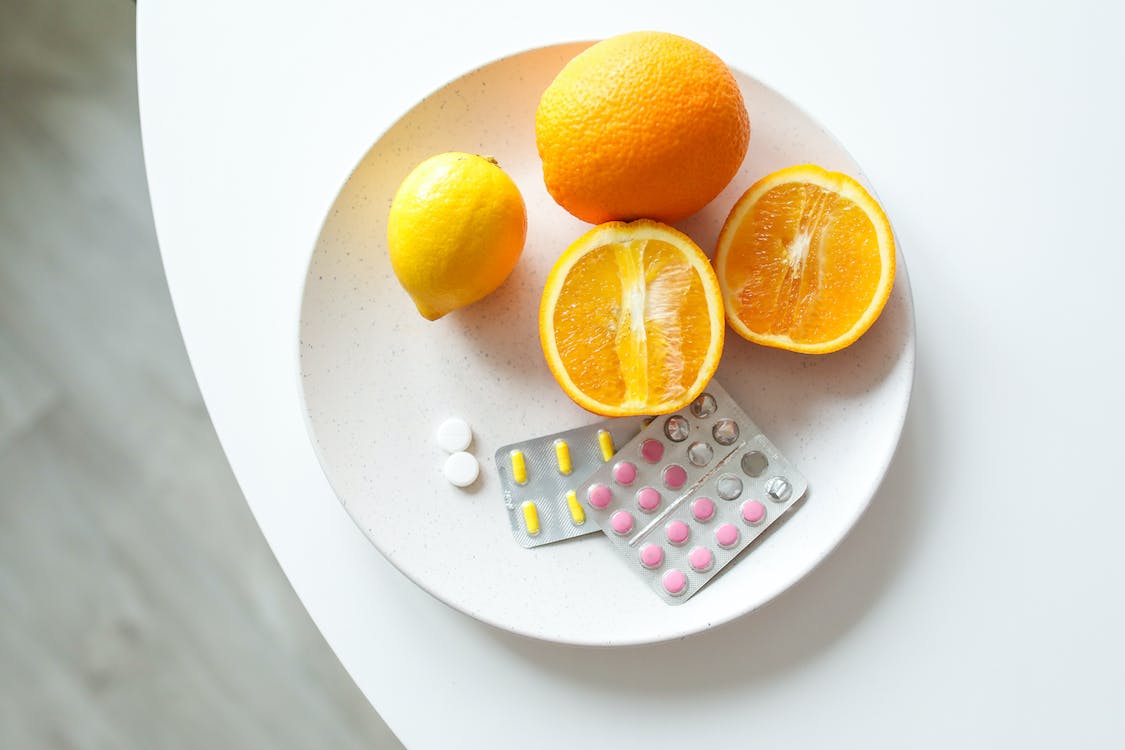
What makes sense is that we may boost our immunity against illnesses by eating well and living a healthy lifestyle.
Here are some pointers on how to do it:
#1 Do It Natural Way
Building your immunity in general is always beneficial, and the best part is that we have a lot of control over it because our nutrition has such a big impact on our immunity.
Certain foods also can aid in the battle against invading microorganisms. Here are a few examples:
A) Coconut Oil
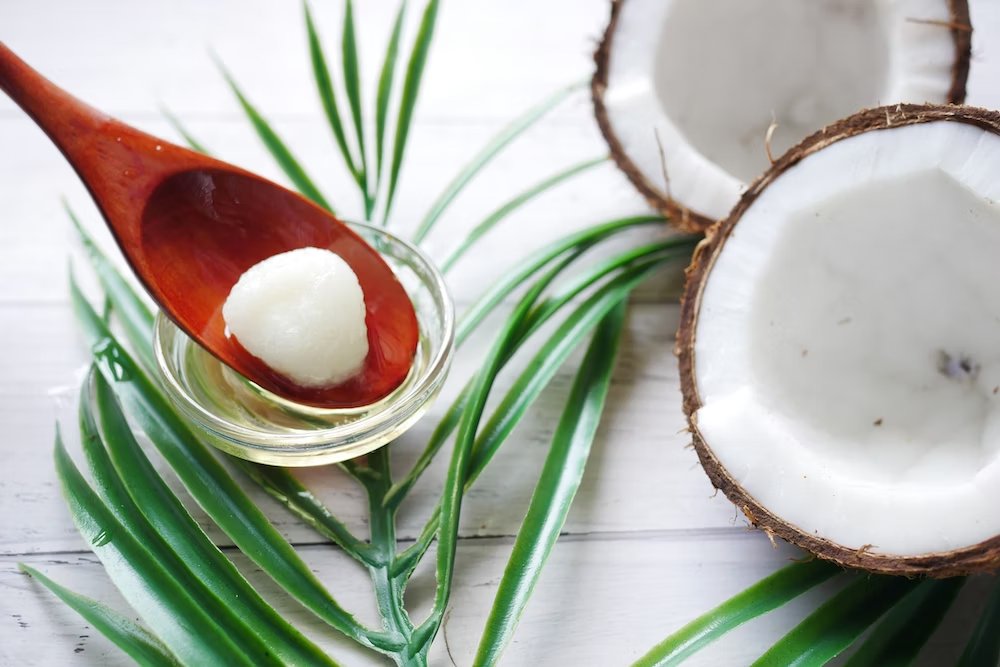
Coconuts appear to live up to their reputation as a superfood; its oil is incredibly safe to use in cooking, is excellent for hair, and even kills bacteria!. Coconut oil can help combat Candida infections as well as infections caused by the infamous microbe Staphylococcus Aureus, which can cause everything from skin infections to life-threatening conditions like pneumonia.
B) Curcumin
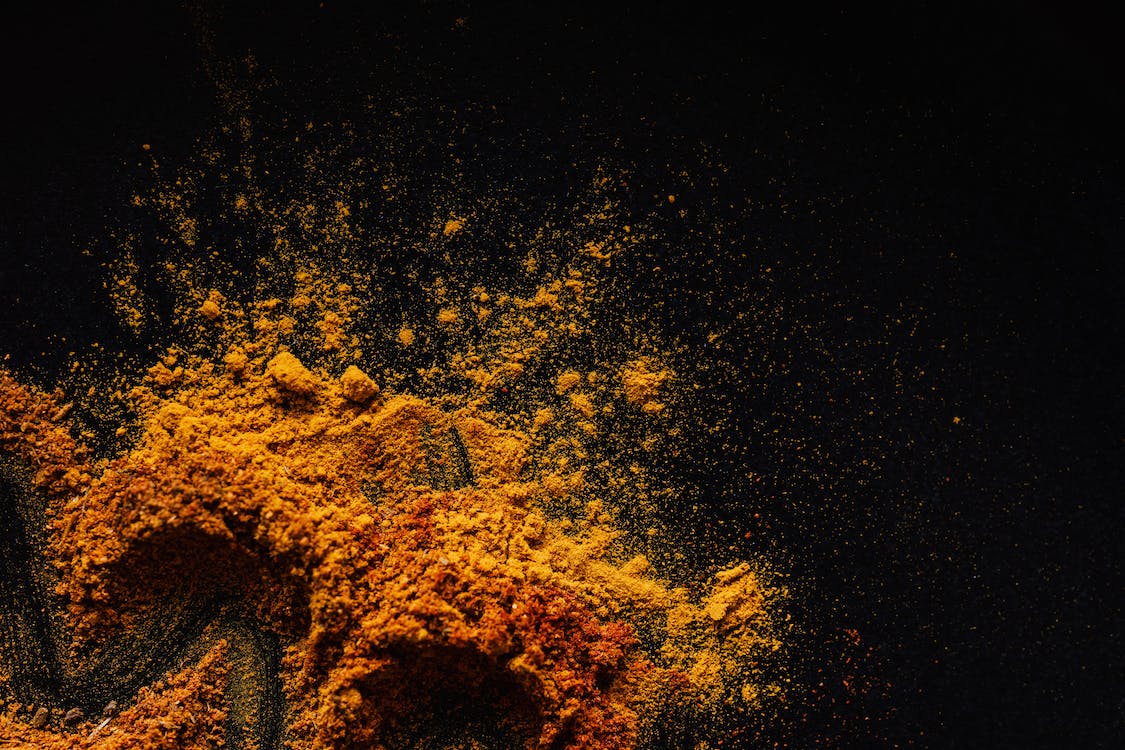
Turmeric is an excellent antimicrobial, as your mother or grandmother may have told you. Turmeric’s major active ingredient, known as ‘curcumin,’ is responsible for the spice’s antibacterial qualities. Turmeric has been proven in studies to be even more efficient than the antifungal medicines and it also aids in the fight against H.pylori infections, which are the root of stomach ulcers.
C) Garlic
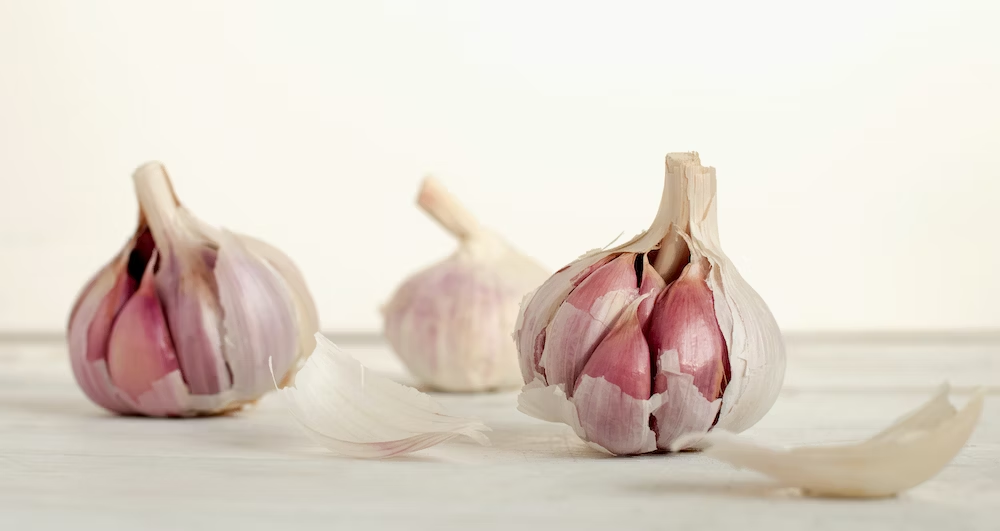
Allicin, a chemical found in garlic, is known to have antibacterial, antifungal, and antiviral properties. It is released when fresh garlic cloves are smashed. This could explain why garlic supplementation has been shown to prevent and lessen the severity of the flu and common cold in trials.
#2 Diet low in sugar

While carbohydrates are an important part of our diet, their amount in the modern diet, particularly in the form of sweets, is far too high. High blood sugar levels increase the risk of lifestyle diseases such as diabetes, but there’s a lot more that may go wrong!
More importantly, high blood sugar levels have been related to an increase in the growth of the yeast Candida, which is responsible for the majority of fungal infections.
Increased acne has also been linked to an excess of refined carbohydrates such as wheat flour, white rice etc., which is linked to an overgrowth of bacteria that generally reside on our skin.
It may not have a direct effect because these meals cause weight gain, which causes hormone imbalances, which can lead to a rise in the number of these bacteria. Researchers do feel, however, that increased blood sugar levels aid the growth of acne-causing bacteria.
In any case, reducing your carb intake will surely enhance your health in a variety of ways.
Sugars may be sneaking into your diet without your knowledge, through added sugars in processed foods and, in particular, those labelled as “low fat.”
#3 Probiotics

The microbes that inhabit our gut do amazing things for our health, including managing what enters our circulation from digested foods, which plays a big part in our immunity.
Loading up on foods containing beneficial bacteria, a.k.a. probiotics, or those that help raise their numbers, a.k.a. prebiotics, via foods or supplements is a fantastic approach to maintain a healthy gut and, as a result, strengthen our immune system.
In fact, having probiotics is especially important if we’re taking antibiotics, because the medications don’t usually distinguish between good and bad bacteria, destroying both. It’s critical that we increase the quantity of healthy bacteria in our bodies by eating certain items.
Here are a few things to remember if at all you need to use antibiotics:
#1 Don’t self prescribe medicines
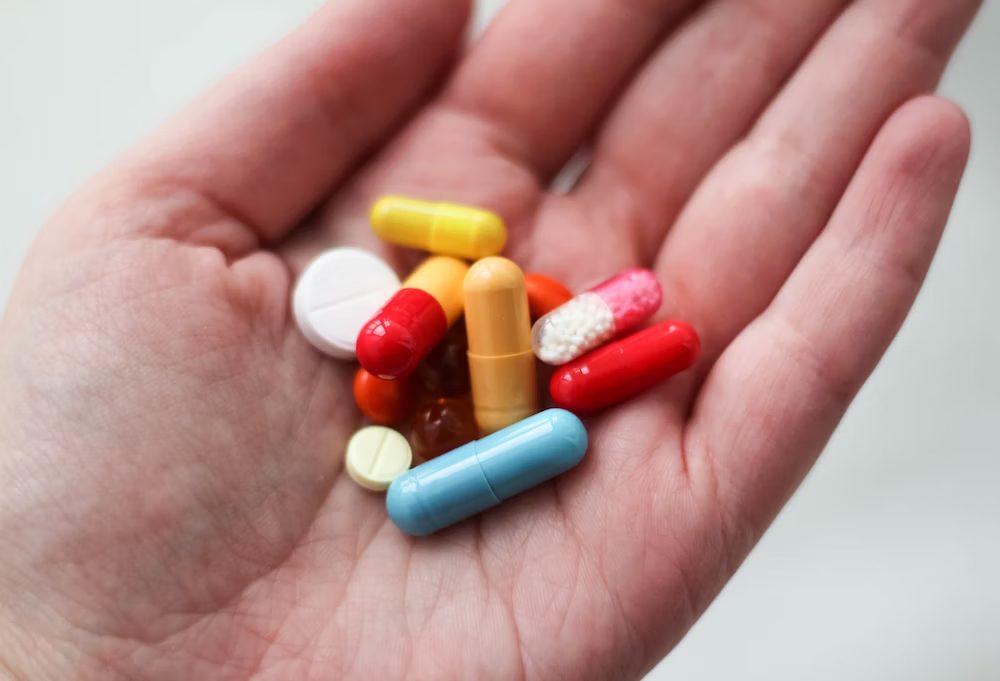
Antibiotics should not be taken without a doctor’s prescription because we may not be aware of the risks. Also, just because a medicine works for a friend doesn’t guarantee it will work the same way for us!
“Prevention is better than cure” is a phrase that has almost lost its meaning, unless you consider this: every person who pays attention to their nutrition and strengthens their immunity is one fewer person contributing to the spread of superbugs.
#2 Never skip doses
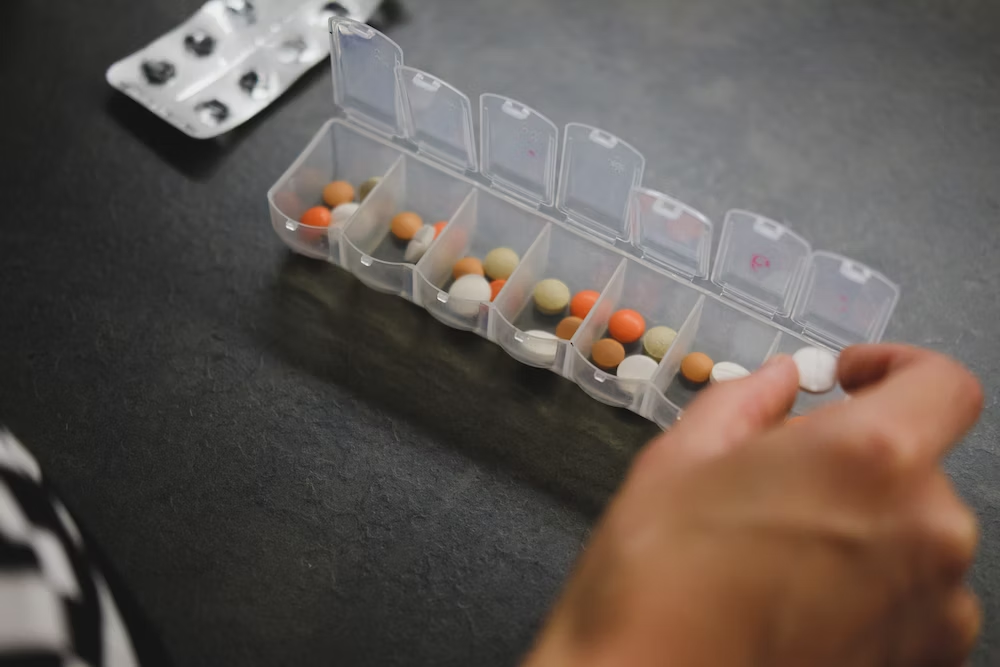
The dosage of an antibiotic is determined by research that determine how much of the drug is required to combat an infection. By skipping dosages, the microorganisms are more likely to survive the treatment and become resistant to it.
#3 Take them if it’s really required

When it comes to viral infections like the common cold or the flu, many people use antibiotics without realising that they are ineffective. It’s advisable to consult your doctor first, who may suggest a blood test to determine whether you have a bacterial or viral infection.
Call us on 9743430000 to get the best Customized Nutrition Plan for your health & immunity.
Ryan Fernando is an Award-winning celebrity Sports Nutritionist with 2GUINNESS world record and 2 Olympic medals under his belt. His client list include Olympic wrestler Sushil Kumar, cricketer Shikhar Dhawan & bollywood superstars Aamir Khan & Abhishek Bachchan. He is Chief Nutritionist at QUA Nutrition Signature Clinics.
References:
Kumar SG, et al. Journal of Natural Science, Biology, and Medicine 2013, 4(2): 286-291.
Mahmood SN, Bowe WP. J Drugs Dermatol 2014, 13(4): 428-435.
Garg AP, Muller J. Mycoses 1992, 35(11-12): 363-369
©2023 All Rights Reserved Ryan Fernando. Designed and Developed by Floral Web Services